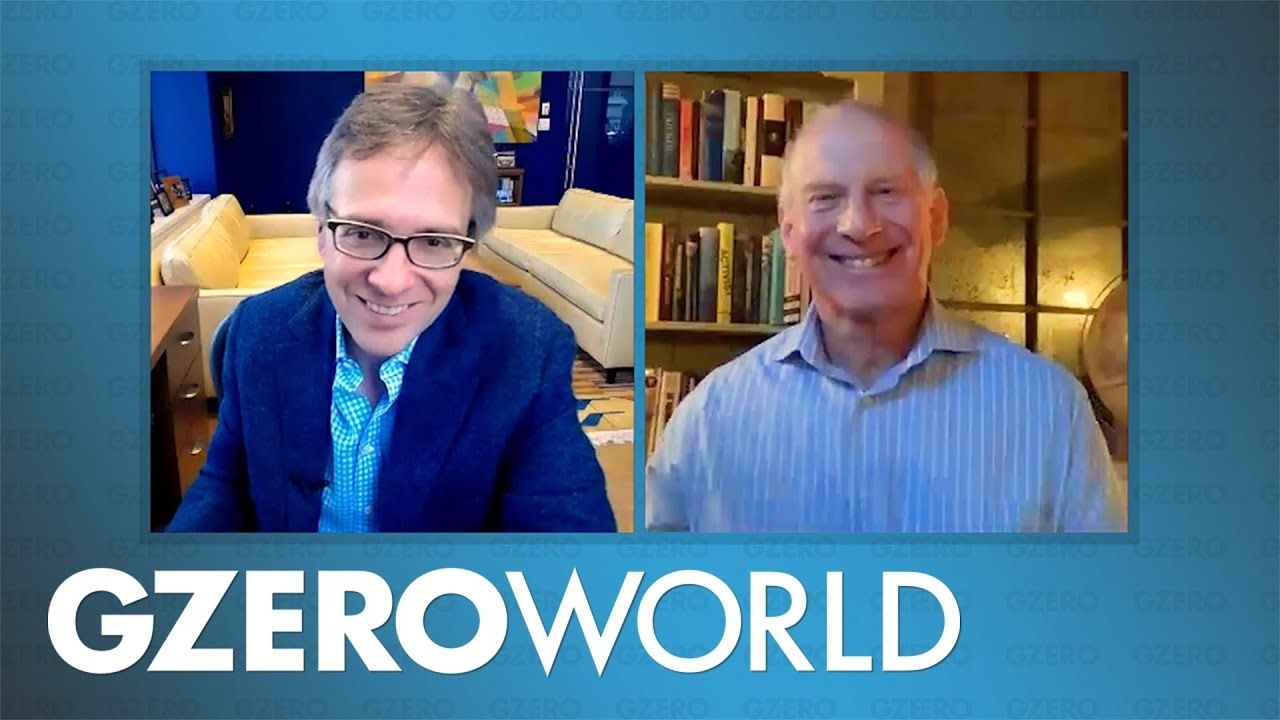
Our 21st Century World | Richard Haass: US Leadership Post-Pandemic | GZERO World with Ian Bremmer
Watch GZERO World as host Ian Bremmer talks to acclaimed foreign policy expert Richard Haass, president of the Council on Foreign Relations and author of "The World: A Brief Introduction." Haass explains that while the COVID-19 pandemic has impacted every aspect of life as we know it, the major issues confronting geopolitics in the 21st Century already existed.
Bremmer and Haass discuss U.S./China relations, the weakening of the European Union, nuclear threats from North Korea and Iran, and the approaching U.S. election as unemployment soars into double digits.